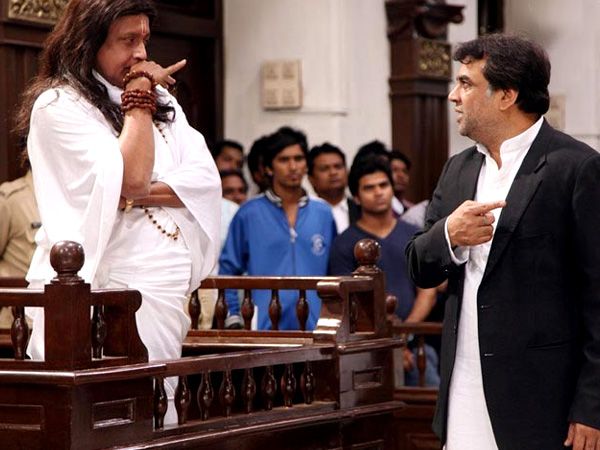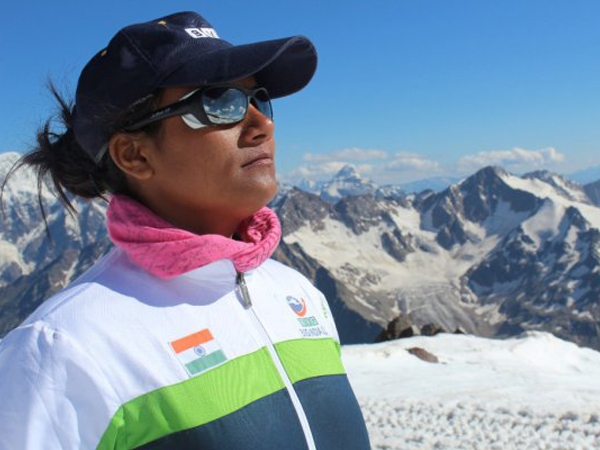
Any lawsuit tried in India is likely to stretch over several years, sometimes, even a couple of decades. We are all familiar with the glacial pace of the Indian judicial process. In many cases we are forced to either reconcile with it, work our way around it or connive and contrive to speed up the legal process.
So seeking a way out of this problem, the government is now proposing amendments, to introduce video recording of court trials and proceedings. The idea behind this proposal, discussed at an advisory council meeting chaired by law minister Sadananda Gowda, is to hasten processes and bring in more accountability.
Currently one of the key reasons for delay in court proceedings is because witnesses often retract their statements, thus bunging a spanner in the legal processes. Judges are prone to giving innumerable adjournments at the request of the counsel without adequate reason. With video recordings, witness statements can be recorded in a far more tangible manner than by court scribes and judges may hesitate to record adjournment motions for inadequate reasons.
The law minister had earlier put up this suggestion before the Supreme Court as a part of the e-Courts project. However the apex body shot the idea down saying that ‘there was no need for video recording of court proceedings’. However, the law ministry has again decided to write to the SC’s e-Committee “to explore whether video recording can be taken up on a pilot basis in some district courts,” as suggested by the law commission chairman.
While the move is much welcomed and may bring some much needed transparency and accountability in our judicial system, it also makes it vulnerable for information leaks, especially in cases pertaining to rape, sexual violence and juveniles. We have already seen how the name of the rape victim inevitably leaks out through paperwork, despite best efforts to keep it secret. With video recordings, it makes the victim vulnerable to have the footage of her proceedings aired for all to see, something which is in contravention with the law, which allows her protection through anonymity.
Clearly, this proposal needs a lot more work, before the execution stage.
More on>> Balancing Act




